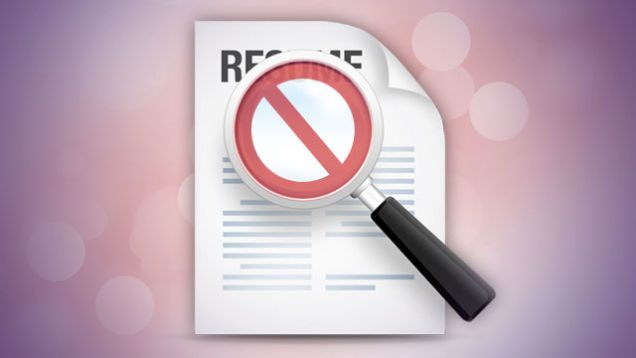Your new job’s a dud – now what?
It all looked so good at the outset. The posting matched your expertise, you wowed when interviewing, and you got a great offer. But a couple of weeks after starting a new job, you have a sinking feeling that you’ve made a terrible mistake. In your head, the refrain from The Clash song plays over and over, “Should I stay, or should I go?”
If you’re eager to leave a job you just started, here are some questions you should ask yourself, along with some advice to aid in the decision-making process.

Q. Do I try to stick it out? If so, for how long?
A. Starting a new job and adjusting to different routines are not easy. Take a look at how many years your colleagues have been with the company. If many of them are long-termers who seem generally happy, this could be an indication that things will get better if you just stick it out. On the other hand, a high turnover rate could be a sign that it’s time to cut your losses.
You may find it helpful to make a list of pain points. Having a hard time respecting your boss? Does your team include an office shark? Is the longer commute getting you down? Do your job responsibilities overwhelm you? Having a hard time navigating office politics? From there, gauge whether you’re experiencing short-lived hassles or potential long-term incompatibility issues with the position, team or company.
Is there a gulf between what you were promised and what you’re experiencing after starting a new job? It may help to talk with your manager or the human resources department. If you got the job through an employment agency, the recruiter you worked with can intervene on your behalf.
If you decide to stick around and see what happens, set a cutoff date and monitor your progress and prospects regularly. If you’re still miserable by your self-imposed deadline, then start drafting your resignation letter.
Q. How would leaving so soon look on my resume?
A. The short answer: Not so good. Starting a new job … and then another … and another is a resume red flag. But how about just one short stint in an otherwise stable work history? You could opt to omit the job entirely, especially if you stayed on only a month or two. If you choose to list the position, there’s no need to mention the reason for leaving on your resume. That’s best left to the interview stage for your next position.

Q. Is there a way to leave without burning bridges?
A. When you make up your mind to leave, act quickly and decisively. If you’ve been unhappy with how the new job’s turning out, chances are that your boss feels the same way. Here’s how to handle your exit:
- Be truthful, but don’t go into details about how much you dislike your job.
- Specify your last day, usually two weeks from your resignation date. (Be prepared if your boss wants you to leave earlier.)
- Remain neutral. Don’t name and blame others or profusely apologize for your perceived shortfalls.
- Assure that there are no hard feelings, and that you’d like both sides to refer to each other positively in the future.
- Don’t gossip with co-workers about the “real reason” you’re leaving.
If you found the job through a staffing agency, take the same approach when communicating with your recruiter. If you demonstrate professionalism, honesty and good intentions, the agency will likely understand and support your decision without it jeopardizing your chances of future placements.
Q: How do I avoid making the same mistake when starting a new job next time?
A: You live and learn. As you restart your job search, think back to how you could have done things differently. Perhaps you didn’t pay attention to the job description, or it wasn’t very accurate. Maybe you didn’t thoroughly research potential employers and do your homework on salary expectations. Or you could have asked the hiring manager better questions during the interviews.
Even with the best of intentions and plenty of effort on both sides, some relationships just aren’t meant to be. If, after starting a new job, you realize you’ve made a mistake, accept that things simply didn’t work out, and move on with grace and professionalism.
(Picture Source: Internet)
HRVietnam - Collected

